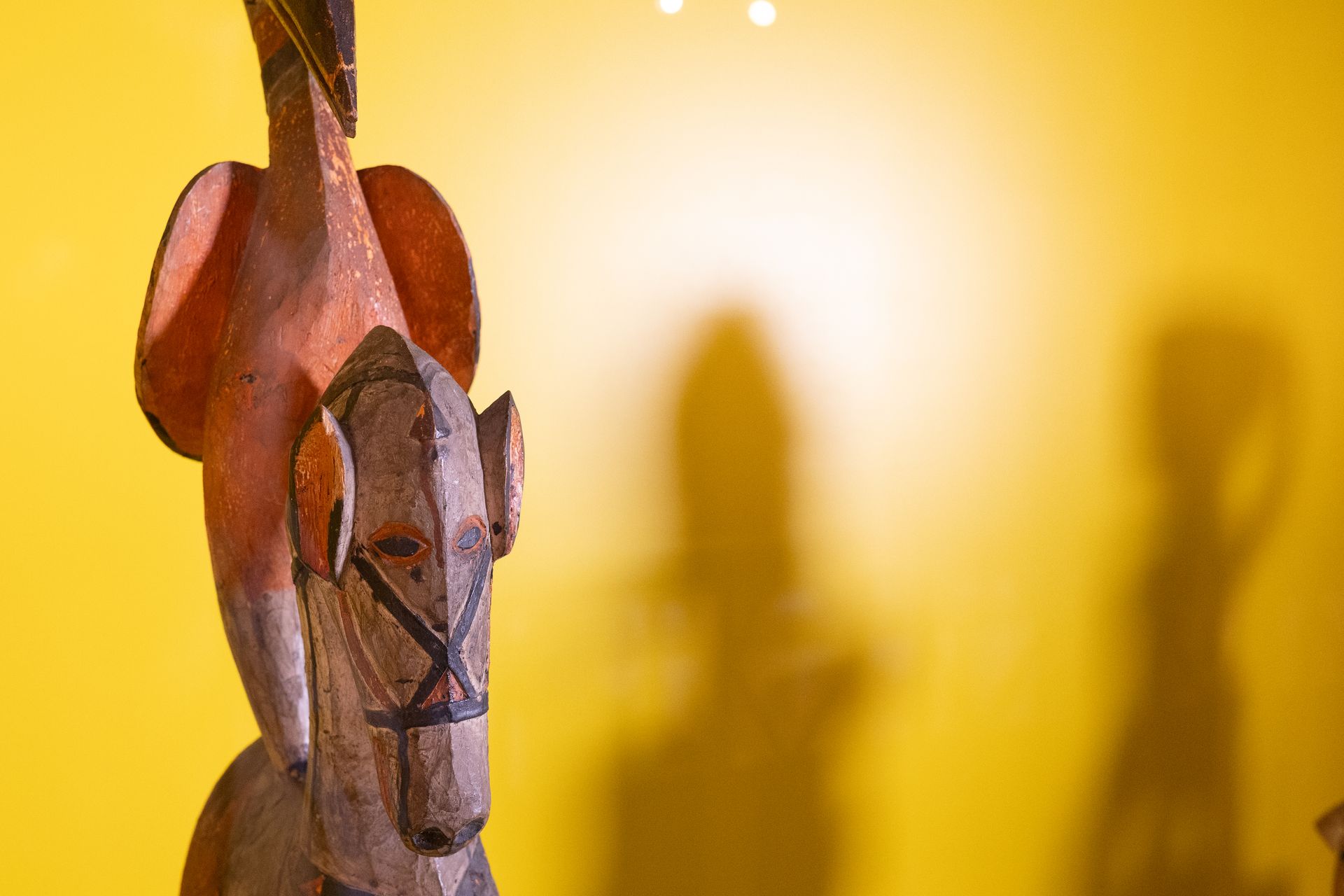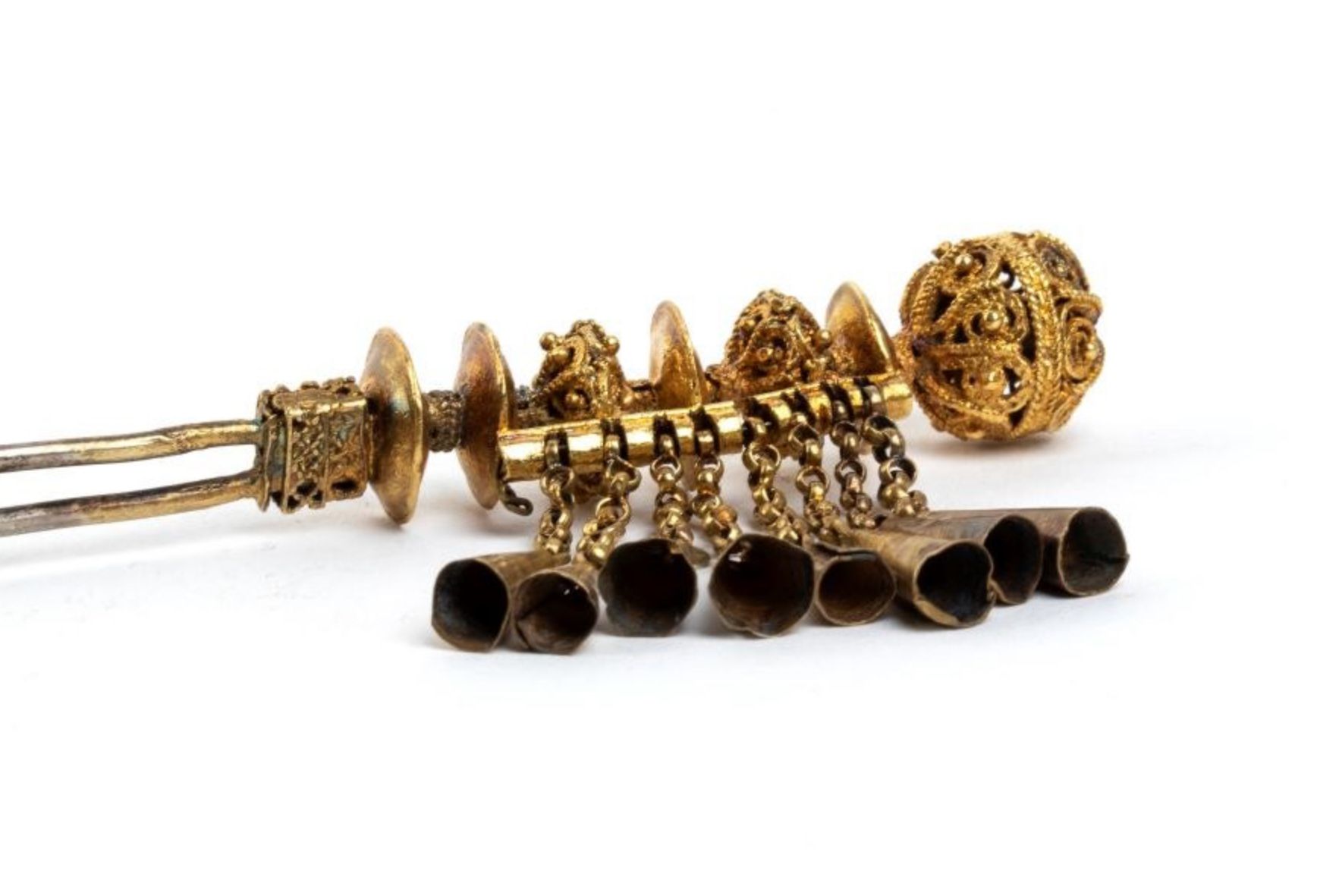Cultural Restitution
SHARE ARTICLE
Evidence of another Prime Ministerial U-turn was unearthed last weekend by the Greek newspaper Ta Nea. In a 1986 article the youthful Boris Johnson argued the “Elgin Marbles should leave this northern whisky-drinking guilt-culture and be displayed where they belong: in a country of bright sunshine and the landscape of Achilles.”
Originally published in Debate, once the official magazine of the Oxford Union, Johnson, aged 21, wrote these words when President of the Union.
He used them to argue in support of Greece’s claim to recover the Parthenon sculptures held in the British Museum and to help win a debate at the Oxford Union. Publication was deliberately planned to precede this debate, where Johnson’s role was to support the principal speaker, Melina Mercouri, then Greece’s culture minister and their country’s leading advocate for returning the Marbles.
In stark contrast to his current policy, which is to resist Greece's attempts to recover the Marbles, the scale of Johnson’s retreat is quite remarkable. Student rhetoric can easily be dismissed as a debating tactic, but Johnson’s commitment as a true philhellene cannot be dismissed so lightly. It seems political expediency overtakes personal persuasions once politicians enter public office. It doesn’t suggest a compromise is due anytime soon.
Johnson was crafting his current position on the Marbles while serving as Mayor of London. By 2012, although continuing to express sympathy towards Greece’s position, his political compass had turned. Responding to an appeal for their restitution from George Hinos, head of Greece’s New Democracy Party in Ilia, he adopted the new line that returning the Marbles would amount to a “grievous and irremediable loss”.
“Much as I sympathise with the case for restitution to Athens, I feel that on balance I must defend the interests of London,” he wrote as Mayor.
Since joining the House of Commons and rising to become leader of the Government, his views have hardened still further, insisting earlier this year that the Marbles were “legally acquired” and must remain in London, reminding Greece that legal ownership resides with the British Museum’s trustees.
Johnson’s latest hardline position doesn’t appear to have deterred Greece’s Prime Minister, Kyriakos Mitsotakis, from stepping up pressure on the British Government. His visit to the Prime Minister in Downing Street last November may have failed to reach a new agreement, but he’ll have taken encouragement from British public opinion, which continues to move in favour of returning the Marbles. A YouGov poll, published last month showed that 56% of respondents in the UK believe the Marbles belong back in Athens. Only 20% believe they should remain in the British Museum.
Mitsotakis will also have taken confidence from the resolution adopted unanimously by the United Nations General Assembly earlier in December. Proposed by Greece, the resolution titled ‘Return or restitution of cultural property to the countries of origin’ was co-sponsored by 110 other countries, a number described by Greece’s Foreign Ministry as “unprecedented”. Primarily it reflects the UN’s deep concern about the current extent of illicit trafficking in cultural property. But it also calls on Member States to do more to address the return or restitution of other cultural property to their countries of origin – a clear reference to the Parthenon Marbles.
As encouraging as all this may be to Greece, are these events any more likely to persuade Britain to part with these iconic classical masterpieces?
Writing in The Times this month, the British Museum’s new chairman, former Chancellor of the Exchequer George Osborne, is confident the Museum’s role remains unchanged: to “educate, inform and engage”. Suggesting the Museum could be open to a loan of the Marbles, he nevertheless reminded Greece that a loan could only be for a limited time.
“We are open to lending our artefacts to anywhere [sic] who can take good care of them and ensure their safe return – which we do every year, including to Greece.”
This condition is unlikely to satisfy Prime Minister Mitsotakis’s demands for full repatriation. Furthermore, as Returning Heritage has highlighted in several earlier posts, Greece would have to acknowledge the British Museum’s legal ownership of the Marbles before any loan can be agreed. Over the last 40 years, Greece may have failed to win the legal case for recovering the Marbles, but climbing down now would involve a massive loss of political face. The situation would be irrecoverable.
No, the fate of the Marbles lies elsewhere. With Greek political efforts continually rebuffed, it’s down to Britain’s politicians to write the next chapter in this long-running Parthenon saga. Only they can determine whether scope for change or compromise exists and only British public opinion can force their hand to act.
Meanwhile, Boris Johnson’s U-turn provides unquestionable evidence that persistent political posturing continues to drive government policy when it comes to the Marbles. Does this do more harm than good? Alexander Herman, author of a new study on Restitution, agrees with us that political grandstanding is counterproductive:
“If a 40-year stalemate has taught us anything, it is that political positioning does not count for much in restitution claims", he writes. "In fact, it tends to make things worse.”
* Alexander Herman, Restitution: The Return of Cultural Artefacts
After this was written....
Evidently, it's easier for former ministers and ex-politicians to support Greece's claim over the Marbles when they're not in public office. This week (22 Dec '21), the former Conservative culture minister Ed Vaizey, speaking on the podcast series Hope and Dread, said he now supports their return: "It is so obvious to me that the Marbles are really woven into Greek identity that it would be a wonderful thing if they could be returned." A shame it wasn't so obvious to Vaizey while serving as culture minister between 2010 and 2016.
Photo: Detail of the Temple of Athena, Acropolis, Athens
Courtesy of Anna Oikonomou
More News



